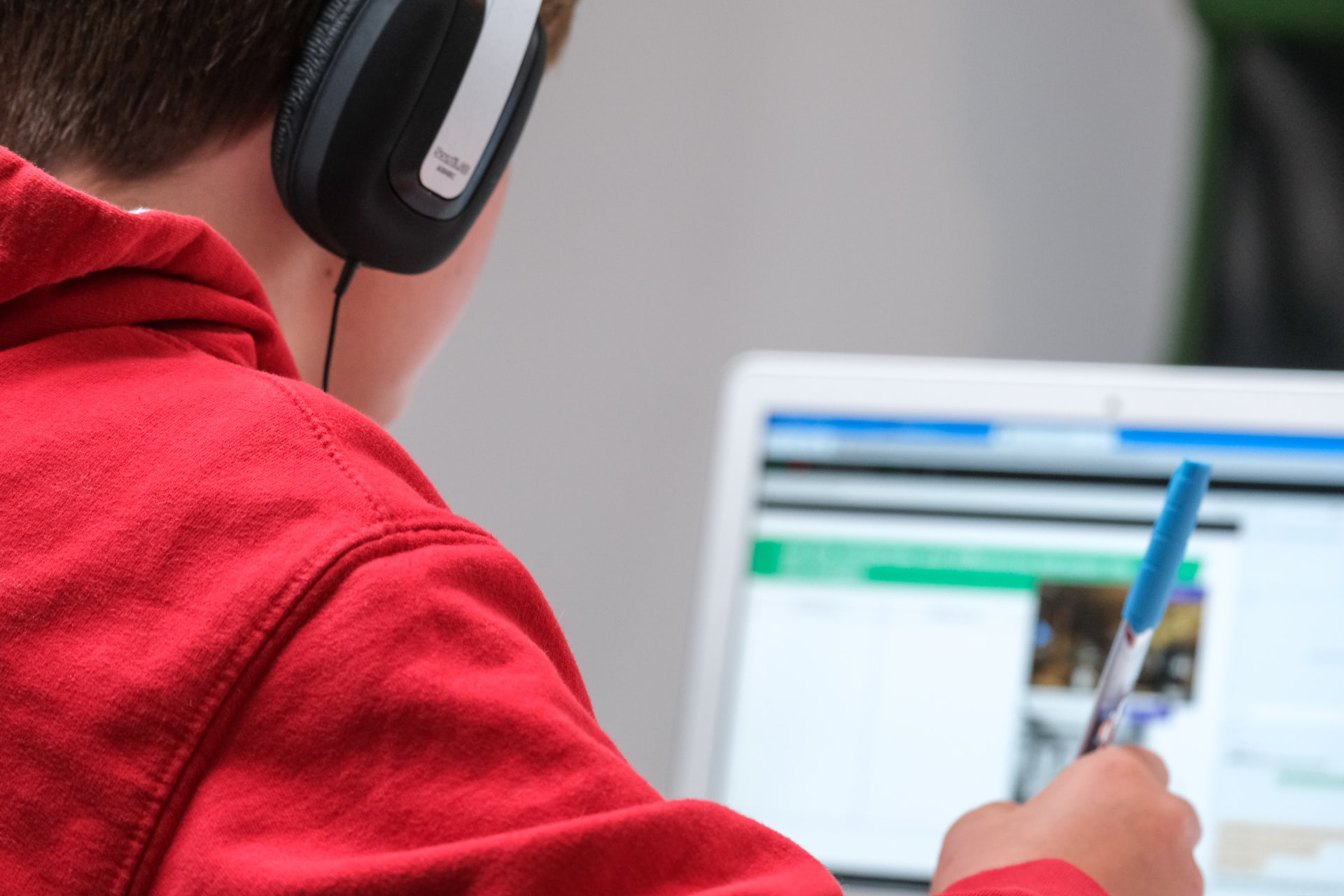By Nancy P. Howard
 Photo by Compare Fibre on Unsplash
Photo by Compare Fibre on Unsplash
Artificial Intelligence has played an important role in the development of a variety of industries. In fact, it has probably had an impact on any industry you can think of. Examples of new tech such as Pepper Robot which can teach Science, Programming, and Robotics prove just how many opportunities AI opens for educators specifically.
Indeed, there are many ways you can use AI to improve education, especially when it comes to e-learning. Hence, here’s how to use AI to improve your online lessons and how these practices will allow you to deliver better learning experiences to your students.
#1 Personalization for Everyone
First and foremost, AI allows educators to take personalization to a whole new level. More often than not, teachers need to dedicate more attention to students if they want to deliver more personalized learning experiences. But this is only possible in classrooms where the number of students is minimal. With AI, on the other hand, such personalization can be created even in classrooms with many students.
AI analytics tools can quickly process large amounts of data about your students to build possible learning paths for each student separately and to personalize the ways in which students get course materials. In a setup like this, each one of your students will be getting a personalized experience even if you have hundreds of students to teach.
#2 Advanced Course Development
Just like analyzing student progress, AI-powered tools can be used to analyze the coursework itself. Of course, part of it is already about delivering course materials to students in a personalized way that takes into account their current knowledge base and learning capabilities. But coursework analysis goes beyond that – it analyzes the performance of all the students to understand whether a particular course is effective.
As Penelope Chase from the custom writing reviews site Best Writers Online puts it, “AI can help improve entire courses and revolutionize educational systems. It can help educators see the problems in their coursework that is not easily detectable at first glance. It’s a great way to get the most out of a particular course without needing to spend too much time on changing it completely. A few minor tweaks could make a huge difference.”
#3 Better Student Support
Another major benefit of using AI in online education is the kind of support you can provide to your students. Just like with personalizing their experiences, AI allows you to deliver proper support to each of your students – and all of it online. For example, if you are a professor, you would have to reply to every email you receive from students separately. But once chatbots are introduced, many questions can be answered automatically via them.
In addition to that, AI gives you more opportunities to provide proper support to students with special needs. These students can use AI-powered software specifically designed to make learning for such students easier. New methods of communication can also be used to help provide much-needed additional support to students with special needs.
#4 Secure Exam Environment
Perhaps one of the biggest concerns for professors delivering education online is that the security of exams is often questionable. If certain measures aren’t upheld, there are numerous opportunities for students to cheat. This makes the examination process quite unfair, and besides, those who are cheating won’t truly know their coursework and won’t actually learn the things they are supposed to be studying.
As Charles Singleton from the writing services reviews site Writing Judge explains, “A secure exam environment is actually important both for the students and for the professors. When students know that they simply can’t cheat (the AI-powered software is just too smart for them to find a way around it), they will be more likely to study properly. Likewise, professors will be sure that nobody is even so much as attempting to cheat.”
#5 Experimental Teaching Methods
Last but not least, AI lets educators experiment with their teaching methods. Instead of settling for the old and simple methods where they read a lecture and call it a day, professors can use new tools to make the class environment more interactive. By engaging students, it will likely be easier for many of them to understand and remember course materials.
It’s always good to remember that everyone is different with some people being more receptive to visual media while others will prefer to get audio materials instead. This is why the opportunity to experiment could yield such amazing results.
Final Thoughts
To sum up, AI can make the job for educators easier while also improving the experiences of the students. It’s definitely worth finding new ways to make online learning better – and AI is by far one of the best of these. Use this article to help you better understand the role of AI for online education and to start using AI to your benefit.
Learn more about AI with RobotLAB!

Author's bio
 Nancy P. Howard has been working as a journalist at the online magazine in London for a year. She is also a professional writer in such topics as blogging, SEO, and marketing.
Nancy P. Howard has been working as a journalist at the online magazine in London for a year. She is also a professional writer in such topics as blogging, SEO, and marketing.
